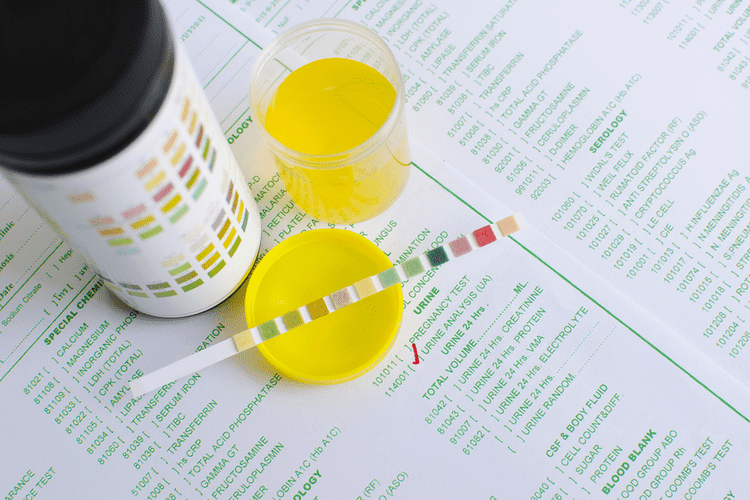Other studies show that only migraineurs had episodes of tension-type headache precipitated by alcohol 19,27. It is known since antiquity that wine could be a trigger for migraine. Take a 200- to 300-milligram (mg) NAC supplement at least half an hour before you start drinking. This could reduce the impact of acetaldehyde on your liver and make your hangover symptoms much less severe.
Whether Alcohol Is a Migraine Trigger
The first step towards confronting alcoholism is acknowledging that you have an alcohol problem, as well as the toll it may be taking on your life. Once you’ve reached this important milestone, talk to your doctor, a therapist, or a counselor who can help recommend treatment for alcohol dependence. Having too much alcohol at one time can lead to alcohol poisoning. If untreated, alcohol poisoning can have long-term consequences or may even result in death. Ethanol’s diuretic effects can also quickly dehydrate you, and a headache is just one of many symptoms of dehydration. This is because distilled, dark-colored drinks like whiskey, bourbon, and brandy contain large amounts of congeners.

Effective Addiction Treatment

The use of an in vitro model, in which reagents are simply added together in a test tube, certainly presents a limitation alcohol rehab to extrapolating these data to humans. When humans consume quercetin-containing food or drink, it must first be absorbed by the gastrointestinal tract and undergo first-pass metabolism by the liver before reaching circulation. One hypothesis is that red wine causes migraine due to high levels of certain compounds called flavonols, particularly quercetin. This compound might inhibit the body’s ability to break down alcohol, leading to the buildup of a substance called acetaldehyde, which could result in headaches. Most studies point to red wine as a common headache culprit, particularly in people with migraine. These individuals commonly cite wine, especially red wine, as a migraine trigger.
More on Migraine & Headaches
A cocktail headache is the discomfort that often follows a night of indulging in alcohol. It occurs due to dehydration caused by alcohol’s diuretic effect, vasoconstriction, and the presence of congeners. Drinking affects our body, and it’s important to be aware of how we can take care of ourselves in the aftermath. By understanding the science behind these headaches and adopting responsible drinking habits, we can turn our toasts into celebrations without the morning-after regrets. There are numerous strategies to manage and prevent alcohol-induced headaches. Although total abstinence is the most effective, carefully moderating alcohol intake and staying hydrated can also aid in reducing headache occurrence.
Be sure to talk with migraines and alcohol your healthcare provider about your “cocktail headache” plan. For example, if you experience migraines and notice that alcohol triggers your migraine headache, then taking one of your migraine therapies (for example, a triptan) at the start of your headache may be best. High alcohol and congener content of alcoholic drinks can increase the chance of developing a headache after drinking. People prone to headaches may have a higher risk of experiencing alcohol-related headaches. A 2023 review of studies concluded that alcohol consumption increases the risk of headaches, particularly migraine and tension-type headaches.
Do you have tips for enjoying alcohol without triggering an attack? Share a tip with the community.
You could also search our Resources https://www.psicologia-viva.it/why-do-so-many-people-crave-sugar-after-quitting/ Library to learn more about symptoms, triggers and treatments. As you work with your doctor on next steps, it will be important to maintain access to reliable resources on migraine. We recommend a look at our patient guides, which include useful information including how to talk to your doctor about migraine.
- It may also help eliminate triggers that tend to co-occur with drinking, such as dehydration and sleep deprivation.
- Never take acetaminophen (Tylenol) when you drink or when you’re hungover.
- ADs have been reported to trigger the principal types of primary headaches.
- However, a headache after drinking will usually resolve itself over time.
How to Get Rid of Red Wine Headaches
Of the studies included in our analysis, 19 were based only on questionnaires while five included interviews with patients. However, these limitations are to some extent discounted by the number of studies included and the cultural diversity of participants. Criteria to recognize habits for alcohol consumption was various in almost each study.
A hangover refers to a set of symptoms that occur as a consequence of drinking too much. Typical symptoms include fatigue, weakness, thirst, headache, muscle aches, nausea, stomach pain, vertigo, sensitivity to light and sound, anxiety, irritability, sweating, and increased blood pressure. Dehydration triggers some migraine cases; therefore, drinking plenty of water can help, even after the fact. Drinking water helps replenish your fluids and flush the alcohol out of your system. If you tend to get migraines within three hours or less of drinking, this might work best for you. If none of the preventative measures above work or you didn’t know alcohol triggered migraines until after the fact, there are still options available to you.
